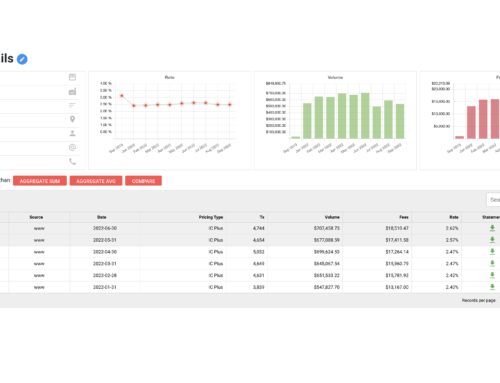The status of your business being considered as a low risk or high risk is the biggest factor on how long it will take for your merchant account to be approved. If you do get approved, it will determine whether the merchant account providers charge you lower or higher fees and what interest rates you’re charged.
Bank processors of the merchant account have different criteria for classifying a business as high risk. For those who don’t know, a bank processor transfers sale proceeds from your customer’s bank account to your business account.
If your business is considered low risk, then the usual approval process time is within a day or two. However for high risk businesses, the approval process time is minimally 5 business days. Sometimes, the approval process for high risk merchant accounts can take up to 3-5 weeks.
In order to break down the reason why a business will be considered high risk, business owners need to understand what the merchant account approval process is like.
The Approval Process for Merchant Accounts
Before submitting an application for a merchant account, a business owner should understand what the approval process is like. The approval process for merchant accounts include receiving two different approvals from:
- Step 1: A merchant account provider. This step is considered the easiest, since merchant account providers earn profit from obtaining many merchants.
- Step 2: The acquiring bank or processor. This part of the application usually takes more time, because the acquiring bank or processor needs to evaluate whether your business is low risk or high risk to their bank.
Factors to determine if a business is High Risk
Merchant account bank and process all have own different criteria for determining if a business is high risk or low risk. The following are common factors that are used to classify a high risk business:
-
- History of high chargeback or fraud rate If a business has a history or receiving chargebacks or commited fraud, it would be classified as high risk.
- Foreign businesses operating in the US Foreign business primarily selling in the US raises red flags to acquiring banks or processors due to the high chance of fraud possibly going on.
- Questionable legality of the product or service The processor will consider your business high risk if they question the legality of your product or service.
- Questionable sales and marketing of the business The processor or acquiring bank will classify you as high risk if they discover questionable business practices while reviewing your business operations.
- Bad personal credit history Some processors consider the business high risk if the business owner has a low personal credit rating.
Types of Merchant Account Providers for High Risk Merchants
High risk businesses receive different types of treatment from merchant account providers. These merchant account providers:
- Try to provide merchants with the lowest fees and interest rates possible: These providers will reject high risk businesses right away. They aim for low risk business, since the chance of the lability falling on the providers are less than high risk businesses.
- Will accept high risk merchants instantly: These providers charge much higher fees and rates than the average fees and rates for high risk merchants. High risk merchants usually face interest rates as low as 3.4 percent up to 10 percent.
- Specializes in high risk merchants: For high risk businesses, these providers are the best option and offer the average fees and rates for high risk merchants.
How to pick the right merchant account provider
Here are three tips you should remember when selecting the merchant account provider:
- Website: If the merchant account provider’s website is very outdated or basic, then this should raise red flags. Most of these merchant account providers don’t budget to hire a professional to design their websites.
- Online Reputation: If you are having a difficult time finding the provider’s reputation or positive reviews, then this is a strong sign to stay away.
- Contract: Merchant account providers rarely provide a sample of their contracts online. However, if this is the case or you have the contract, be sure to read the fineprint.





